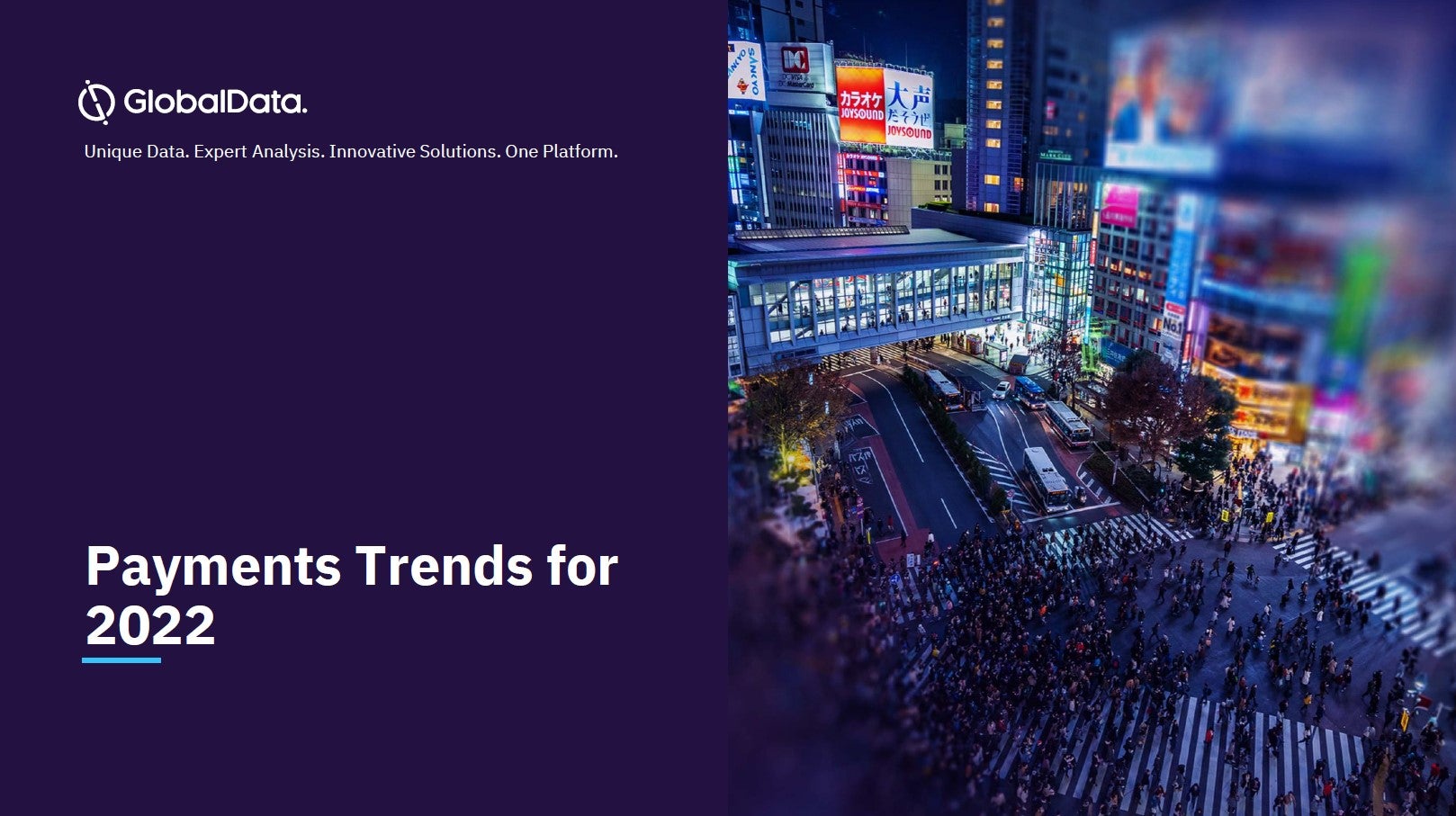Over the course of the pandemic, we’ve all become too familiar with variants that impact our way of life – but one variant has gone under the radar: fraud, writes Yuval Marco
Despite increasing compliance checks and enhanced security solutions, ever-growing digital resilience has meant that criminals have ducked and dived these hurdles resulting in huge disruption for many businesses. So, what more needs to be done?
Within the past year, many financial institutions grappled with the impact of the pandemic, and in the case of fraud, with corruption on payments related to reimbursements afforded consumers and business during this timeframe – the perfect target for fraudsters.
As we move into 2022, emerging issues have already begun to fall into the sights of financial services firms. Post pandemic, as financial services institutions pivot from storefronts to a dominant online, digital environment, the importance of customer satisfaction and frictionless customer experiences have become even more critical to retaining customers and competing in a digital world.
“Industrialised Fraud” a 2022 focus
Fraudsters will continue to refocus their efforts in 2022 by attacking a bank’s – or other corporates’ – assets by perpetrating fraud schemes attacking traditional payment channels. Increasingly, the industry is seeing well-trained, funded, and equipped fraudsters with the ability to commit fraud at scale using advanced tools and technology, creating a trend of what we call “Industrialised Fraud.”
We saw this manifested throughout 2021 in the form of business email compromise and with the uptick of ransomware, and that will continue to become an area that will be addressed in 2022.
How well do you really know your competitors?
Access the most comprehensive Company Profiles on the market, powered by GlobalData. Save hours of research. Gain competitive edge.

Thank you!
Your download email will arrive shortly
Not ready to buy yet? Download a free sample
We are confident about the unique quality of our Company Profiles. However, we want you to make the most beneficial decision for your business, so we offer a free sample that you can download by submitting the below form
By GlobalDataWe will also continue to see that Payments innovation, such as next generation payment products that include QR, BNPL, Crypto, and Biometric will be focused on improving the customer experience led by advancements in digital acceleration and newly adopted infrastructure put in place over the past two years.
Faster Payments will become more prevalent and even faster. The new ISO 20022 standardisation will offer a universal messaging language that will allow machine to read messages better automation and faster resolution. It is forecasted that over 80% of high value payments will be processed with ISO 20022 and that is driven by broad adoption including new real-time payment entrants such as FedNow, RTR, Swiftness Instant, as well as existing real-time payment rails.
Customer Experience Emerges Key
While innovation continues to be part of the vision in financial crime fighting worldwide, we will see that many financial institutions will first look to payments innovation, focusing on streamlining the customer experience. Led by the digital acceleration and infrastructure changes over the past two years, the new ISO 20022 standardisation will enable safer and faster payments with compliance being adopted by new real-time payment entrants such as FedNow, RTR, Swiftness Instant, as well as current real-time payment rails.
As part of the target on customer satisfaction, we have already seen essential liability shifts associated with fraud scams in Europe, and we will begin to see this in the US and other countries. We are seeing this shift in liability for fraud loss associated with scams from the consumer to the bank to protect the consumer due to the prevalence and sophistication of these complex scams such as, social engineering, Authorised Push Payment fraud, and Business Email Compromise.
Fraud loss associated with scams will continue to grow significantly in 2022 supported by fraudsters’ ability to access personally identifiable information on the dark web and weaponise it against their victims. Technology will advance and focus on these themes, particularly on the influence of dark web and its monitoring.
Customer experience: a key focus for fraud teams
We will also see fraud strategy and prevention teams shift from risk mitigation to business enablers as a smoother frictionless Customer Experience. CX is no longer a nice to have, but a key focus for fraud teams at financial institutions—this is this a by-product of the prevalence of digital banking and faster payments as these interactions must be seamless and secure. As a result, we now see fraud teams and handling risk placed more directly in the middle of CX conversation.
Identity fraud will continue to accelerate and expand and become a core component of payments fraud, money mules, and account takeover. Specific to the US, the Federal Reserve has created a new definition and classifier for Synthetic Identity Fraud (SIF) as they have acknowledged the significant risk these identities posse as well as the need to fully track fraud losses associated with SIF and build strategies to deter them from being created.
Intelligent technologies like artificial intelligence (AI) and machine learning (ML) will be critical to realising a better customer experience, which will require strategic investment and monumental change at scale. Part of the nexus of rationalising change in 2022 will be increased automation and speed. AI and ML will be necessary for process automation that decreases friction across the payment lifecycle. The result will be highly automated and more efficient outcomes with more substantial data and better fraud-fighting in the coming year ahead.
Yuval Marco is General Manager, Fraud & Authentication, NICE Actimize







